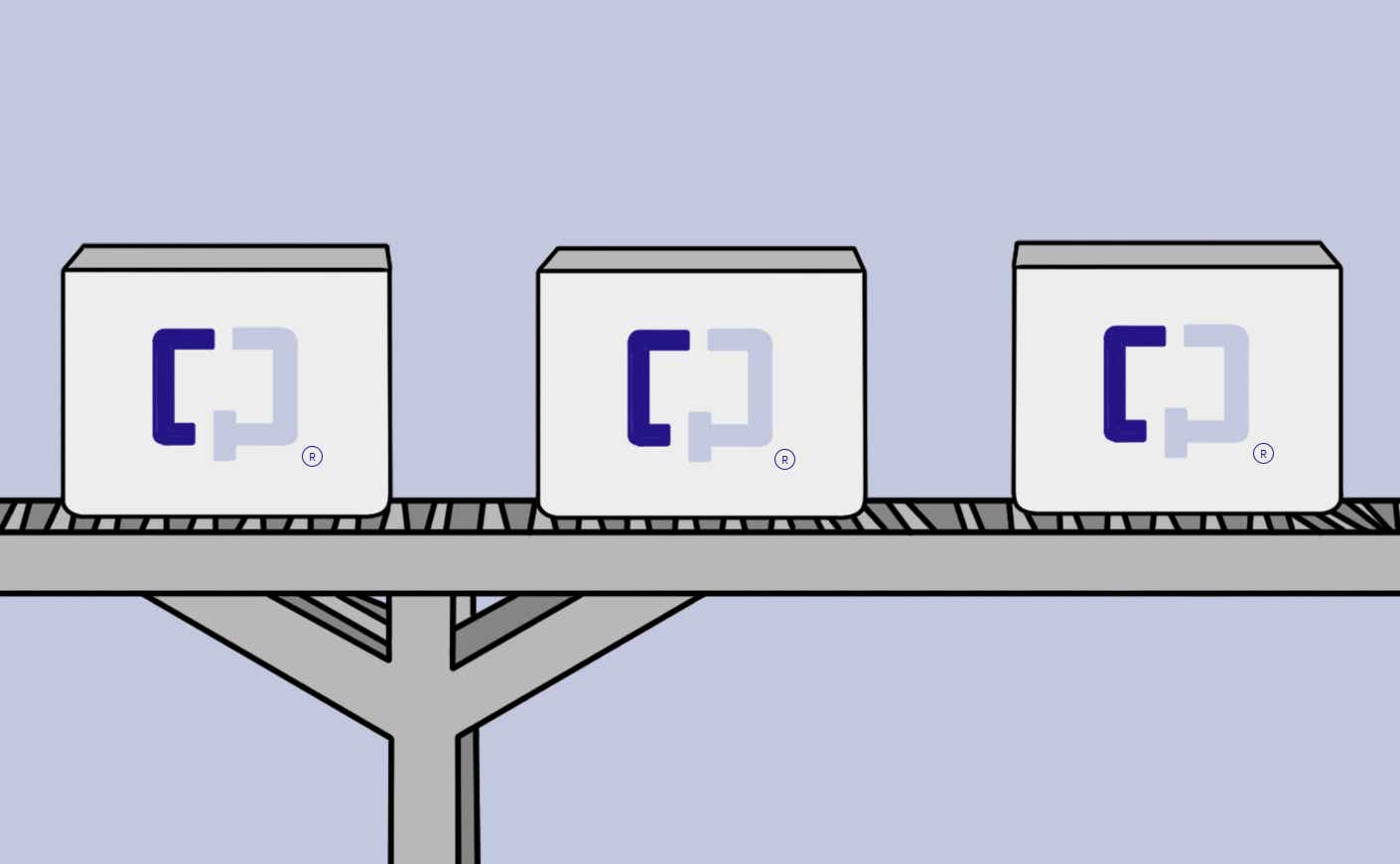If you’re over 45, we hope you’ve spoken to your doctor about getting screened for colon cancer. If you’re at average risk, your doctor might prescribe Cologuard. That means that you’ll collect a stool sample from the comfort of your own home (or place of your choosing), ship it off to the Exact Sciences lab in Madison, Wisconsin, and await your results.
But what exactly happens to that specimen and the thousands of other Cologuard kits that are prescribed every week after you’ve popped it in the mail? It takes a high-tech, futuristic ride toward the final destination: a screening test that may help detect colorectal cancer.
When the specimen arrives, the first stop is an automated line where a robotic arm opens your box like a can opener, but with laser-guided precision. One of Exact Sciences’ team members then removes the sample container inside to scan your unique patient identification number. Your specimen then moves through a number of quality check stations before arriving at a robotic mixer. There, it gets a three-minute shake to prepare it for testing — a process similar to a can of paint at the hardware store after you choose your color (although you might not want to spread the contents of this can on your walls).
The robotic arm places the still-sealed sample container back onto the conveyor where it is then separated and placed into three tubes — one for testing and two for backup — that are frozen and thawed out again to allow the lab to collect the DNA it contains. And just like that, your sample is ready for analysis.
Automated lab equipment and computer algorithms do the hard work from here, under the watchful eye of highly trained clinical laboratory scientists. But for you, the Cologuard screening is complete. Results are delivered back to your health care provider’s office within a week to 10 days. If you have a negative result, you have another three years before it’s time to screen again.
If you are 45 and older and at average risk for colon cancer, talk to your doctor to see if Cologuard may be right for you. Rx only. See Cologuard.com for Important Risk Information.









